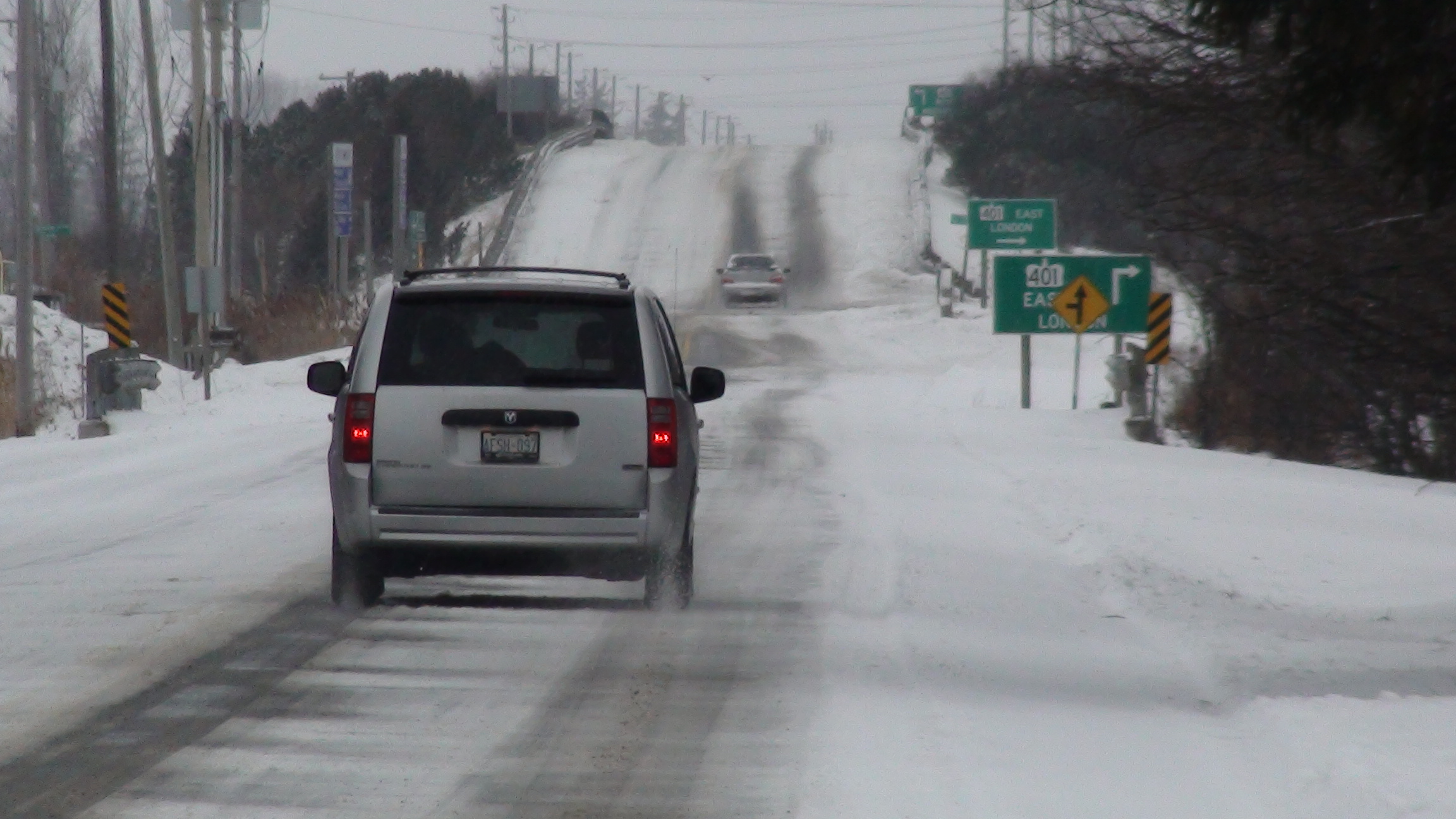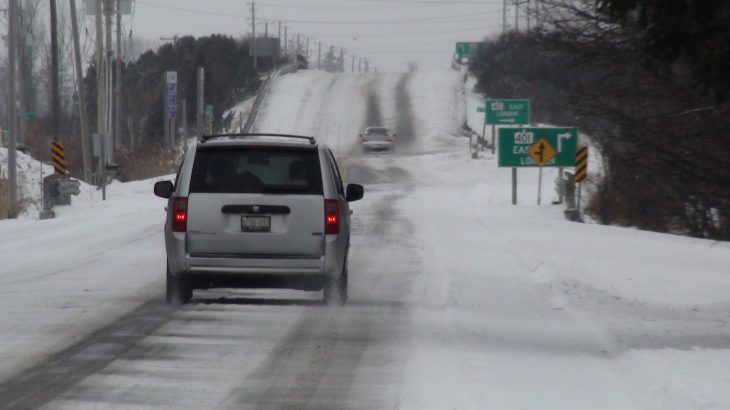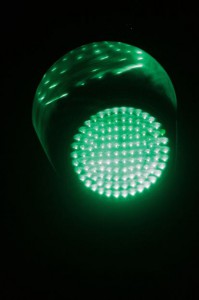
Winter on the roads isn’t fun for anyone.
If you’re like us, the word used to describe the fluffy white precipitation is often regarded as another four letter word, at least until the season is inevitable. There’s something whimsical and magical about snow, but the truth of the matter is, no matter how beautiful, snow and winter in general, is difficult on us and our possessions – especially our cars. Think of all the things your car has to deal with in the winter – engine troubles in cold mornings, icy road conditions, road salt can rust your car, potholes from sudden thaws, etc.
As the first decent snowfall has begun in Southern Ontario (right in time for December!) so we thought it’s just about time to share some helpful winterizing tips.
Emergencies
Worst case scenario – you’ve spun out. Thankfully you’re okay, but help is a solid hour or two away. You know you’re safer in your car. Problem is, it won’t turn on, and the temperature is dropping fast. This is when you’ll thank your lucky stars you took the time to pack an emergency car kit.
Every emergency car kit should have:
- A blanket or sleeping bag
- High protein/high calorie snacks
- Bottles of water
- First Aid Kit
- Tire Gauge
- Flashlight w extra batteries
- Jack & Lug Wrench
- Winter Windshield Wiper Fluid
- Small shovel
- About $10-$15 in spare change
- Jumper Cables/Portable Battery Booster
- Matches
- Flares or some type of warning light
- Sand/gravel
Your Tires
First and foremost – check your tires. Are they worn? If so, replace them. Costco and Canadian Tire often have beginning of season specials so you can invest in a good pair of winter or year-round tires, though snow tires are optimized for icy conditions.
If your tires are in fine shape, or you just put on your set of winter tires, check for pressure. Air condenses in cold weather, so check them regularly if temperatures fluctuate.
Your Fluids
Haven’t gotten an oil change in a while? Do it now and make sure it’s winter oil. When it’s cold outside and you haven’t changed to a winter oil, you run the risk of having some engine trouble. Warmer weather oil can thicken as temperatures get colder, thus lubricating the engine becomes harder. Oil changes are seemingly a small and insignificant thing, but it’s vital to the performance and overall life of your vehicle. While you’re at it, check your windshield wiper fluid. Something that can handle -40C would be ideal. Keep a spare bottle in your trunk, just in case.
Brakes
If it’s been over 6 months since your brakes have been checked, get em looked at pronto. Winter is notorious for slippery conditions, and you need to be able to depend on your brakes. Make sure they take a good look at the whole system, rotors included. Rust on your rotors can cause the brake pads to prematurely wear down – not a good thing.
Windshield Wipers
When was the last time you checked your wipers? Road salt and regular use can wear down blades fast, so you don’t want to discover this in the middle of a snowstorm! How often should you change your blades? Experts recommend once a year. Good thing they’re not too expensive!
Other Tips
Are you due for a full service? If so, get it done now. Winter is not the time to put off something that should be done to maintain your vehicle.
- Check your lights. Now’s the time to get that headlight fixed.
- Check your battery. Make sure posts are free of corrosion. Is your battery older than 3 years?
- Check with a professional. Diesels can hold out longer.
- Check the heater and defroster. Do they work properly?




